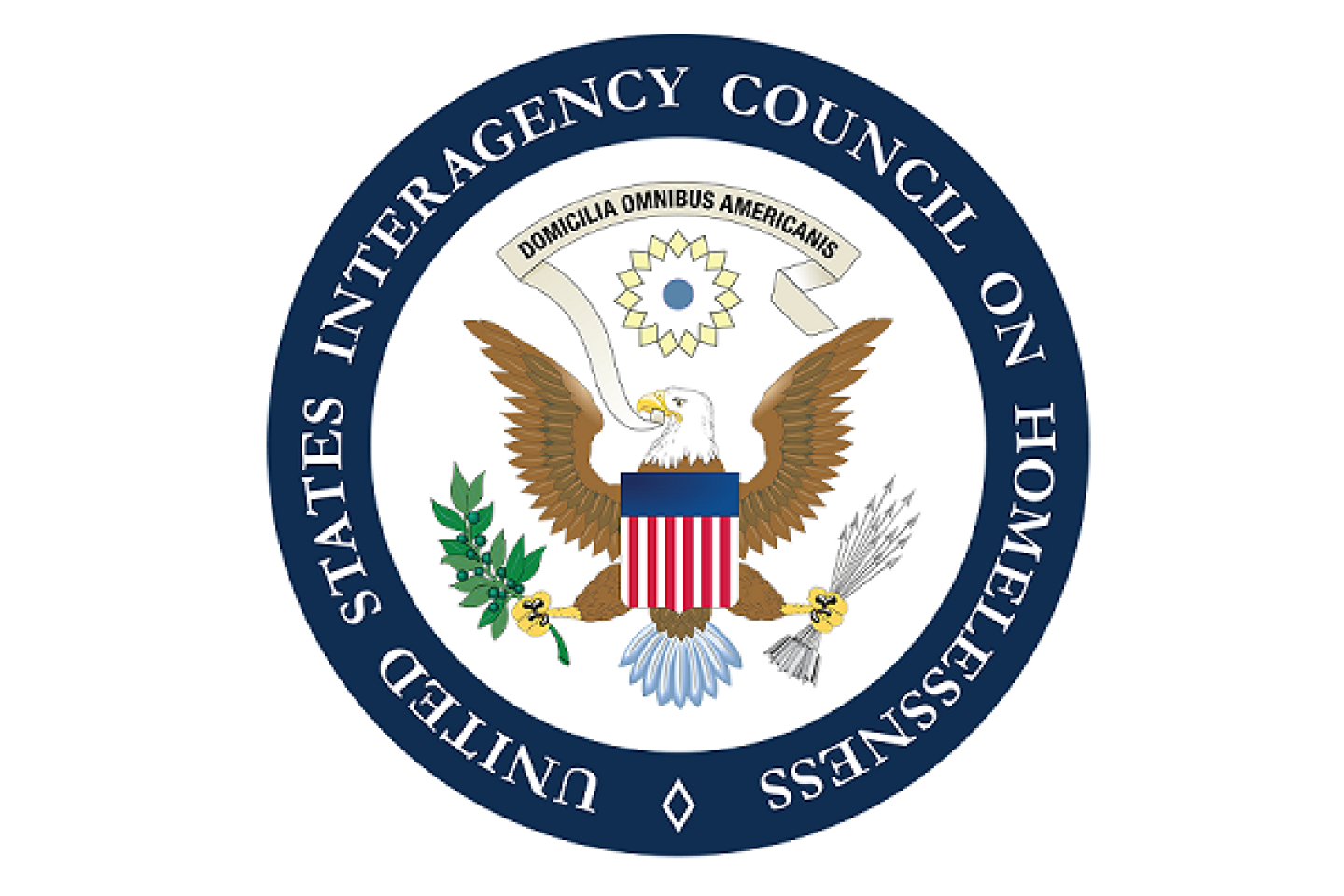In Portland and Seattle, USICH Director Meets With Local, State, and Congressional Leaders
This week, USICH Director Jeff Olivet traveled to Portland, Oregon, and Seattle, Washington, which have some of the nation’s highest numbers of people experiencing homelessness—and unsheltered homelessness in particular.
Director Olivet, along with USICH Senior Regional Advisor Katy Miller, met with local, state, system, and federal leaders as well as visited encampments, shelters, and new housing to better understand what the regions need, to learn about the solutions they are testing, and to brief their leaders on All In, the Biden-Harris administration’s new plan to prevent and end homelessness.
“The Biden administration set a goal to reduce homelessness in the U.S. 25% by 2025 . We cannot achieve this without significant progress in Portland and Seattle. But I believe that it is possible, especially if we work together—across systems, sectors, and jurisdictions—with urgency and creativity. If we can solve homelessness in Portland and Seattle, we can do it anywhere,” said Olivet.
In Oregon , where Governor Tina Kotek declared homelessness a state of emergency and proposed $130 million for the crisis during her first day in office, USICH’s Olivet and Miller:
- Held a meeting with Portland Mayor Ted Wheeler, Multnomah County Chair Jessica Vega Pederson, and Oregon Congressmember Suzanne Bonamici, among other federal and local leaders;
- Toured several non-congregate shelters, including one of Portland’s “safe rest villages” under construction and two tiny home villages, where people have on-site access to case management, health care (including mental health and substance use treatment), and other services;
- Toured several new permanent housing buildings with on-site services for tenants who previously experienced homelessness; and
- Participated in a roundtable discussion with homelessness service providers across Portland and Multnomah County about how the federal government can reduce program barriers, maximize federal funding, and support local efforts.
The USICH visit comes weeks after Multnomah County received $8.3 million from a first-of-its-kind federal package for unsheltered homelessness. The HUD grant represents the first federal funding specifically for unsheltered homelessness and the first federal funding that coordinates grants and housing vouchers. In Multnomah County, the Native American Rehabilitation Association of the Northwest will fund permanent supportive housing for 81 households over three years.
In Seattle, the USICH team:
- Met with Deputy Mayor Tiffany Washington and King County Regional Homelessness Authority (KCRHA) CEO Marc Dones;
- Visited a former hotel that was converted into shelter and visited the region’s housing command center that helps people move off the streets and into permanent housing;
- Hosted a listening session with families staying in a shelter about how the federal government can prevent homelessness; and
- Participated in a roundtable discussion with leaders of Seattle and surrounding suburbs, King County, HUD, and philanthropy—including Redmond Mayor Angela Birney, the KCRHA Governing Committee, and members of the Washington Lived Experience Coalition.
While in Seattle, Director Olivet spoke at the Bill and Melinda Gates Foundation’s Domestic Violence Housing First Evaluation Symposium, which brought together policymakers from across the country to discuss the implications of a new federal study.
Ending homelessness is a top priority for the Biden administration. USICH released All In: The Federal Strategic Plan to Prevent and End Homelessness in December, which set a national goal to reduce homelessness 25% by 2025. President Biden encourages state and local governments to set their own ambitious goals for 2025. Although overall homelessness remained flat during the pandemic, unsheltered homelessness rose by 3% from January 2020 to January 2022. In the coming weeks, USICH and the White House will launch a new initiative to help targeted cities and states use the humane and effective strategies in All In to address the tragic rise in unsheltered homelessness. All In is a roadmap for making the most of resources like the American Rescue Plan, which President Biden signed to deliver one of the largest-ever investments in ending homelessness. In just over a year, USICH, HUD, VA, and more than 100 communities—including Seattle—used American Rescue Plan funding to help move more than 140,000 people off the streets, out of shelters, and into permanent homes through initiatives like House America . This month, President Biden proposed a budget for FY 2024 that targets $10.3 billion to homelessness assistance—a significant increase overall and for several programs. He also proposed billions to prevent homelessness by, among other things, building on the eviction prevention infrastructure stood up during the pandemic and creating a housing voucher guarantee for youth aging out of foster care and extremely low-income veterans.



